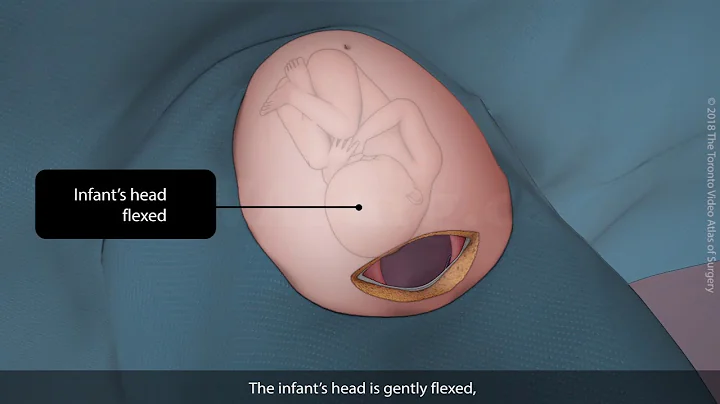Such emotional tangles are even euphemistically called "empathetic" and "considerate", but in fact they have lost their emotional boundaries. We have crossed the line into interfering with other people’s emotions. We often hear:
If you don’t behave well, your mother will be angry!
(It’s your fault for making your mother angry!)
How can you disappoint your parents!
(A good child must meet the expectations of his parents)
Don’t make me sad like dad did!
(You can’t make your mother sad, you have to be responsible for your mother’s sadness!)
If you do this, your father will be very angry. Don’t do this again!
(I don’t do this to prevent you from being angry!?)
If you don’t respond to me in my own way, you just don’t respect me!
(I need to be what you expect so that your emotions will be soothed and you will feel respected?) Our upbringing unconsciously implies that we need to be responsible for our parents’ emotions, and that we need to meet the expectations of important others and take care of their emotions.
As a result, we mistakenly believe that "others" need to be responsible for emotions. Others need to understand my emotions, and I must take care of others' emotions in all aspects. "It's not good for me to let others have emotions, I'm not liked, and I'll be in danger." This belief is deeply rooted in my heart. Is it possible that we are not afraid of authority? Where is the courage to face the truth and the emotions of others? Where can I settle down and communicate freely?
Without awareness and re-selection, this pattern of "emotional entanglement" or "blackmail" will continue to be passed down and strengthened, causing endless suffering to oneself and others. Therefore, to truly face the emotions of others toward oneself, one must start by taking responsibility for one's emotions: allow others to be responsible for one's own emotions, and invite oneself to be responsible for one's own emotions. Three steps to take emotional responsibility:
1. Return: Return to others the parts for which they are responsible for their emotions, and learn to take responsibility for their own emotions. Set clear boundaries. Even if they are your parents.
2. Recognize and stand firm: Unless you hurt, attack, humiliate, or ignore with "malice", other people's emotions are not your fault.
Remember, other people’s emotions are not your fault.
If you really want to be responsible, you can at most be responsible for 5% of his emotions, and he needs to be responsible for all 95% of his emotions. (Because people have limitations, we cannot fully take care of or soothe the feelings of others. In limited circumstances, we need to take care of our own emotions as priority.)
3. Respect the right of others to experience emotions: Allow yourself and others to experience emotions and Understand emotions.
Learn to understand the needs behind your emotions, learn to accept your emotions, and learn to express them appropriately in language. By experiencing your own emotions, you can experience responsibility and responsibility in your life. Also allow others the right and process to experience emotions, and let them also have the process of emotional commitment and growth.
When other people’s emotional entangled patterns want to be projected onto us, we sometimes have to distance ourselves and stop playing the games of “savior”, “victim” and “persecutor” with them.
When you learn to be emotionally responsible, you don't become callous and callous. Rather, you can relax, understand the emotions and feelings of the person in front of you with love, and at the same time pay more attention to your own status and feelings.

We only need to see other people’s emotions, we don’t need to carry them.











